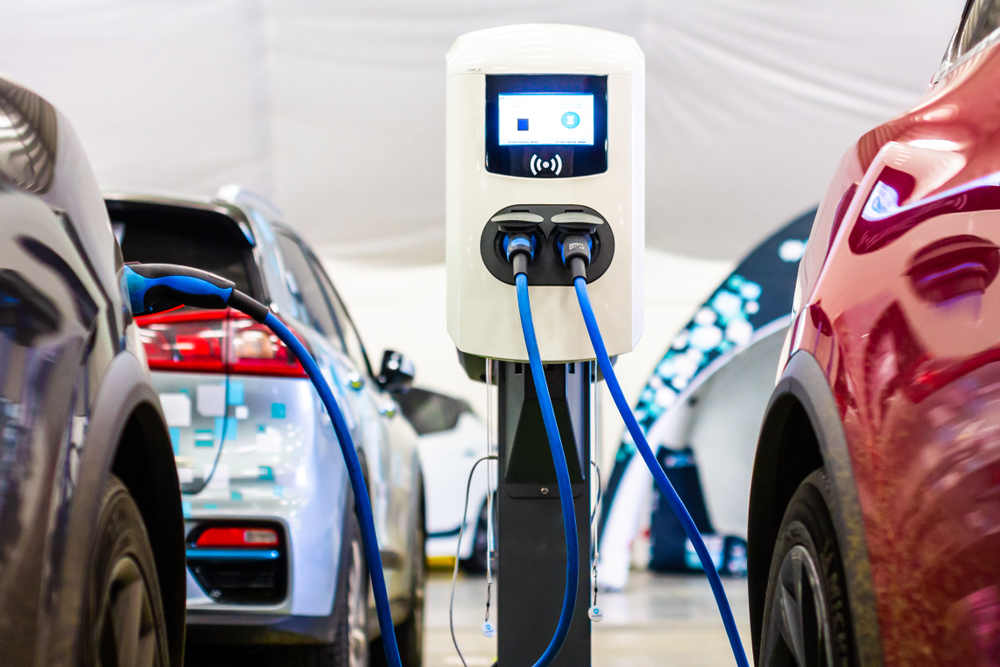The Need for an EV Revolution in Nepal

The Rise of Electric Vehicles in Nepal
Nepal is witnessing a transformative shift in its automobile sector, driven by the increasing adoption of Electric Vehicles (EVs). In recent years, EV models have become a prominent feature at auto shows in Kathmandu, signaling a growing trend across the country. From rural villages to cities outside Kathmandu, the use of electric-powered buses, vans, and three-wheelers reflects a deeper acceptance of this technology. This evolution is not just about technological advancement; it represents a broader movement toward energy autonomy and environmental responsibility.
For a nation that is highly vulnerable to climate change, the implementation of affordable and replicable emission-reduction solutions is no longer optional. Over the past two years, approximately 70% of four-wheel passenger vehicles imported into Nepal during the fiscal year 2024-25 were EVs. This rapid shift from niche products to mainstream consumer choices marks a significant transformation in both energy consumption and transportation. It also signals a potential reconfiguration of Nepal’s energy security and economic structure.
The synergy between hydropower and EVs presents an opportunity for structural change in the nation's transportation and energy consumption patterns. Replacing large volumes of imported fossil fuels with locally generated clean electricity can reduce foreign exchange outflows, improve urban air quality, and support carbon neutrality goals. In the long run, this transition will enhance Nepal’s energy security and bolster its economic and political independence.
While the current focus on EVs has been largely on personal and family use, there is a clear need for the government to expand its vision. Developing an EV-powered public transportation system would be a strategic move. Building a robust network of electric buses and other public transport vehicles, supported by strategically placed charging infrastructure along highways, could create a comprehensive domestic new-energy public transit and logistics system.
China currently leads the global EV market, but the trend of EV adoption is accelerating worldwide. Traditional automakers are investing heavily in new energy vehicles, and countries like India are making significant strides in EV research and development. Nepal can leverage international partnerships to advance localized production and play a meaningful role in this global trend. Collaborating with Chinese manufacturers to produce EVs tailored for the South Asian market within Nepal is a viable pathway.
Lessons from China
China’s success in the EV market offers valuable insights for Nepal. The core logic of existing policies in Nepal is to maintain and expand tax advantages for EVs over internal combustion engine (ICE) vehicles, ensuring lower operating costs to increase ownership. However, electrification extends beyond transportation; it is intrinsically linked to the optimization of the power system and broader regulatory frameworks.
China’s comprehensive 'three-pronged' policy approach—combining fiscal subsidies, tax incentives, and supporting infrastructure development—has been instrumental in its EV growth. Additionally, Beijing has established information-sharing and coordination mechanisms between the power grid and transportation sectors to efficiently integrate EVs with renewable energy. These practices offer lessons for Nepal, which can proactively plan for standardized and intelligent charging networks while establishing cross-departmental coordination mechanisms to maximize the synergy between EV growth and hydropower resources.
Moreover, Nepal's current EV focus leans heavily on imports and usage. The government can adopt proactive strategies to build a holistic industry ecosystem, including services. Addressing challenges such as battery disposal and recycling is crucial. China has established comprehensive battery recycling regulations and systems for effective waste management, and Nepal can emulate these practices by investing in recycling facilities and enforcing strict disposal protocols.
Techno-Political Landscape
In recent years, some countries have linked EV technology to geopolitics, particularly concerning Chinese-made vehicles. This has led to concerns over data security and supply chain vulnerabilities, sometimes used to justify high tariffs on Chinese EVs. While such moves may stem from domestic competition, replicating this path of 'techno-politicisation' does not serve Nepal’s national interest.
Nepal must avoid taking sides in the power competition and instead uphold open market principles. Measures such as spot checks, certification, and collaboration with manufacturers can ensure technology and data security. Market access should be determined by facts and rules, not political labels. This approach protects consumer interests and prevents international disputes from derailing the energy transition.
Developmental challenges require developmental solutions. Data privacy concerns must be addressed through robust regulations and transparency. The effective approach is not indiscriminately excluding products based on origin, but establishing uniform, transparent quality and safety standards, allowing all compliant products to compete fairly. Chinese EVs, including BYD models, are exported globally, adhering to international standards and regulations.
The Road Ahead
The rapid growth of Nepal’s new energy vehicle market signifies a consumer-driven revolution entering an accelerated phase. Abundant clean electricity, high market acceptance, and clear policy direction collectively create an optimal window for rapid transformation. Moving forward, it is recommended that Nepal sustain the price and tax advantages favoring EVs over ICE vehicles to maintain consumer cost incentives. Expanding the charging network to make recharging as convenient as refueling is vital.
Above all, Nepal must continue to adhere to open, fair, and standards-based market principles while seeking to avoid the politicisation of technology and products. This is not merely a pragmatic choice for combating climate change; it is the essential pathway for Nepal towards energy independence and sustainable development.

Comments
Post a Comment